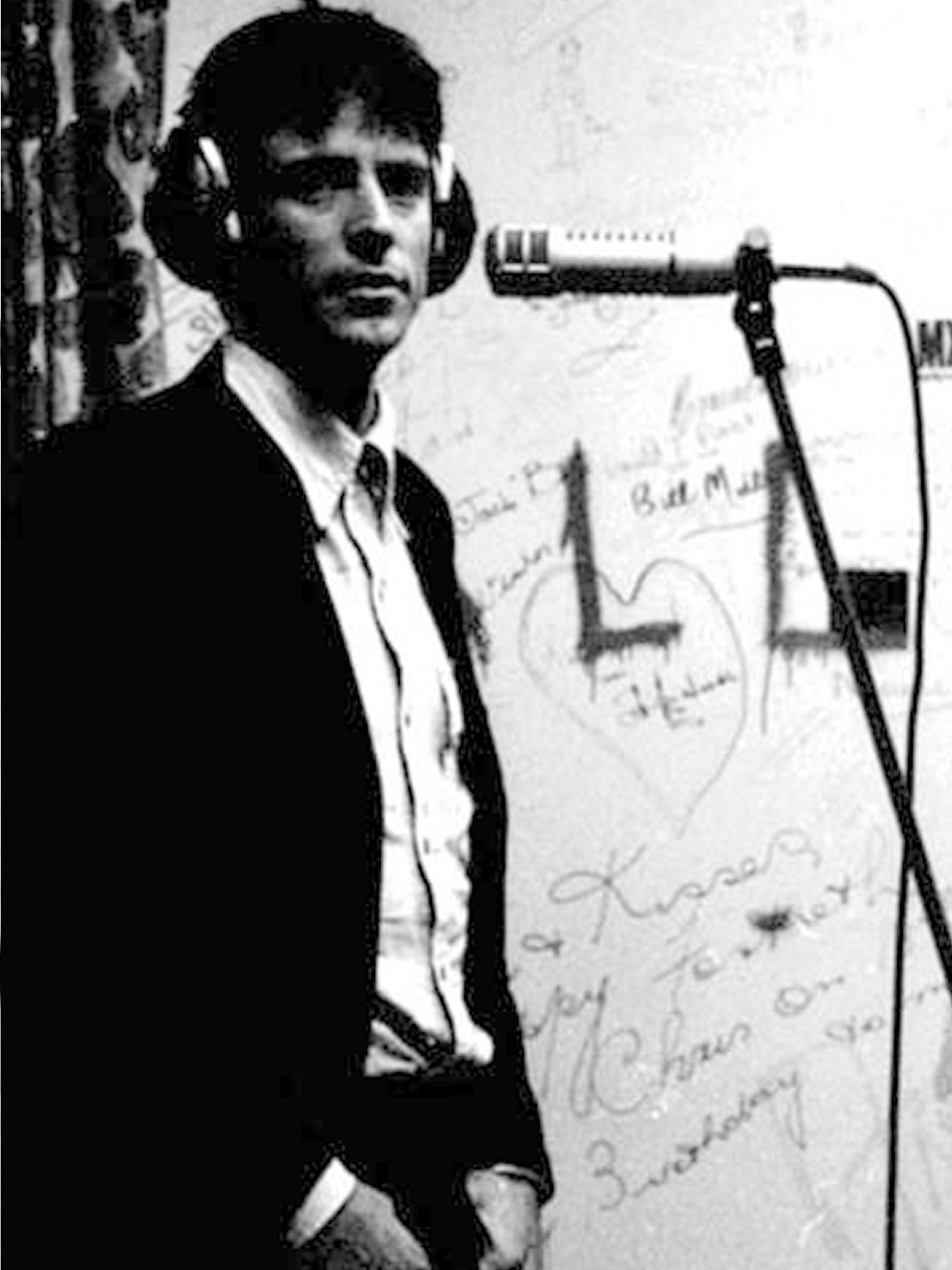Doc Neeson: Frontman of the Angels, whose hit 'Am I Ever Going To See Your Face Again' became a youth anthem

Your support helps us to tell the story
From reproductive rights to climate change to Big Tech, The Independent is on the ground when the story is developing. Whether it's investigating the financials of Elon Musk's pro-Trump PAC or producing our latest documentary, 'The A Word', which shines a light on the American women fighting for reproductive rights, we know how important it is to parse out the facts from the messaging.
At such a critical moment in US history, we need reporters on the ground. Your donation allows us to keep sending journalists to speak to both sides of the story.
The Independent is trusted by Americans across the entire political spectrum. And unlike many other quality news outlets, we choose not to lock Americans out of our reporting and analysis with paywalls. We believe quality journalism should be available to everyone, paid for by those who can afford it.
Your support makes all the difference.Bernard "Doc" Neeson was the charismatic singer and songwriter with the seminal Australian rock band the Angels. In the late 1970s they were Australia's highest-paid band and continued with a string of hits into the 1990s.
He was born into a Catholic family in Belfast in 1947, emigrating with his family to Adelaide when he was 13. He was studying to become a teacher when he was drafted into the Australian army in the late 1960s but he avoided the Vietnam War when the army became aware of his education training. He was sent to Papua New Guinea to teach the Pacific Island Regiment.
Neeson later took advantage of a returned soldiers' scheme to study film-making in Adelaide. He met musicians there and formed the Moonshine Jug and String Band, which morphed into the Keystone Angels and then the Angels.
The Angels' first single, "Am I Ever Going to See Your Face Again", released in 1976, became a youth anthem. Audiences around Australia still reply with an expletive-laden response to the song's chorus decades later. Neeson said he heard what he described as "the response" or "the chant" from audiences in London and the Middle East, as well as around Australia.
"In a way, I'm really delighted to hear that because it's Australian audiences making the song their own," he said last month. "When the band had first started, we were trying to write songs for Australian audiences, and they've made it their own in a way I never would have thought possible."
Neeson died in his sleep at his Sydney home. "He has battled with a brain tumour for the last 17 months and sadly lost his fight," his family said in a statement.
ROD McGUIRK
Bernard Patrick Neeson, musician: born Belfast 4 January 1947; partner to Annie Souter (four children); died Sydney 4 June 2014.
Join our commenting forum
Join thought-provoking conversations, follow other Independent readers and see their replies
Comments